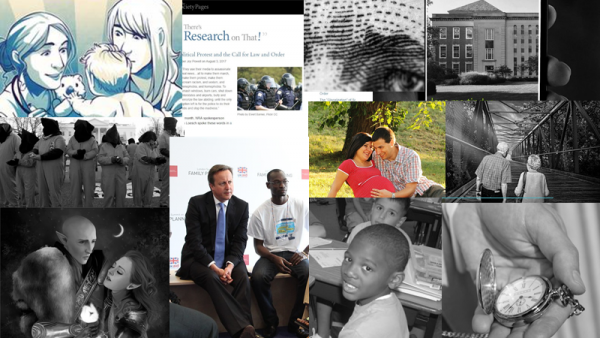
Welcome back! This week, we highlight new research on family planning campaigns that have unintended consequences, and we unveil the greatly anticipated winner of our Teaching with TSP contest.
Discoveries:
Quotas, Coercion, and Contraception by Allison Nobles. New research investigates how global family planning initiatives incentivize health clinics to convince–or coerce–women to use contraception.
Teaching TSP
Teach with TSP 2019 Winner: Introduction to Sociology TROT Project by Dr. Clare Forstie. This prize-winning assignment invites students to familiarize themselves with sociological research on a topic or question they find important, then summarize it in a compelling way for a public audience.
From Our Partners:
Council on Contemporary Families:
Definitive Evidence that Anti-Ageism Interventions Work by Ashton Applewhite.
Contexts:
Bad Boys or Exceptional Interrupters? by Rodrigo Martinez.
Building Broader Social Movements by Emily Campbell.
Love of Money Can’t Buy Happiness by Robyn Moore.
Gaming on Romance by Christine Tomlinson.
Whose Time Is It? Whites’ Time by Simone N. Durham.
All the Single Oldies? by Robyn Moore.
Love Me Tinder, Love Me Sweet by Jennifer Hickes Lundquist and Celeste Vaughan Curington.
TSP Classics:
There’s Research on That:
Vexed by Vaccination Refusals by Caty Taborda. Research on distrust of science and vaccinations, as well as network ties that spread medical knowledge—and sometimes skew it along the way.
Discoveries:
How Policy Promotes Parental Happiness by Brooke Chambers. Parents in the U.S. are some of the unhappiest in the world, and new research in the American Journal of Sociology argues that it likely has something to do with the lack of national parental support policies.

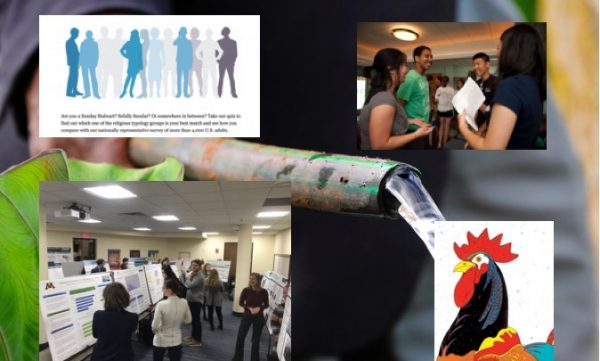
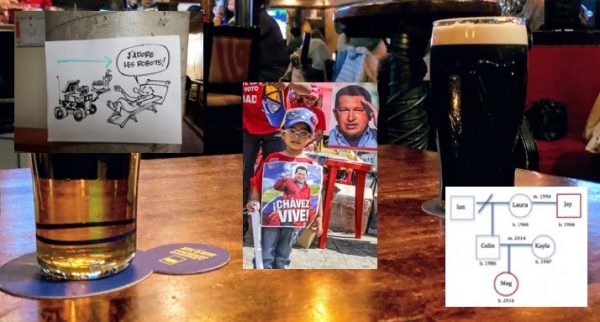 Hello sociology-fans! This week we’ve got new research on how gender matters for beer ratings, why senior citizens are spending more to help their grandchildren, and how The Great British Baking Show can help you give effective feedback.
Hello sociology-fans! This week we’ve got new research on how gender matters for beer ratings, why senior citizens are spending more to help their grandchildren, and how The Great British Baking Show can help you give effective feedback.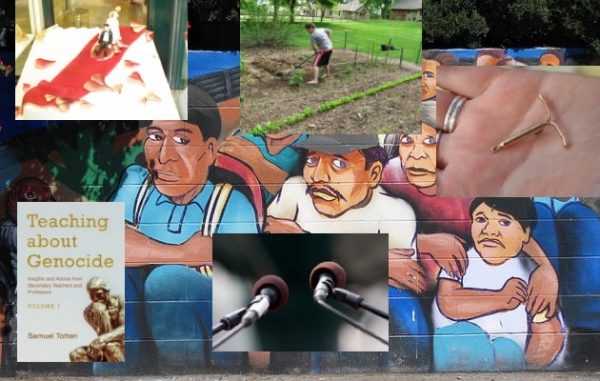 Hello friends! This week we’ve got research on political polarization, cross-class marriages, and the relationship between gender, reproductive decision-making and mental health. We’ve also got some great sociological takes on child support, as well as the decision to give kids an allowance.
Hello friends! This week we’ve got research on political polarization, cross-class marriages, and the relationship between gender, reproductive decision-making and mental health. We’ve also got some great sociological takes on child support, as well as the decision to give kids an allowance. Hi Everyone! We’re gearing up for another great semester here at TSP headquarters. This week we’re featuring our final honorable mention winner for our ‘Teach with TSP’ contest. Come back next week to see the winning submission! In new pieces, we’ve got research on the social experiences of infertility, why children re-enter the foster care system after being reunited with their parents, and the marriage market gap.
Hi Everyone! We’re gearing up for another great semester here at TSP headquarters. This week we’re featuring our final honorable mention winner for our ‘Teach with TSP’ contest. Come back next week to see the winning submission! In new pieces, we’ve got research on the social experiences of infertility, why children re-enter the foster care system after being reunited with their parents, and the marriage market gap.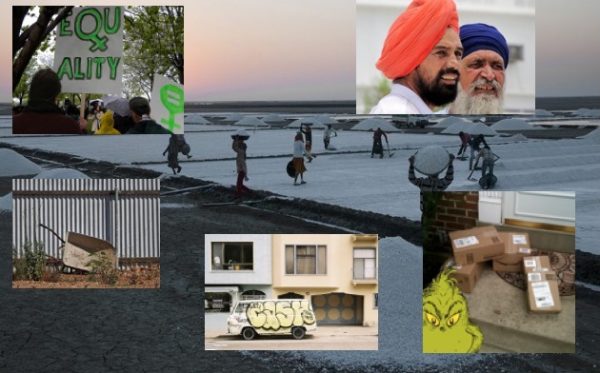 Looking for some reading material for your winter break? We’ve got you covered. This week we’ve got research on victim rights movements, the relationship between a country’s use of cash and robbery rates, and how cleaning up neighborhoods could help reduce violence. We’ll also be rolling out our *Best of 2018* over the next few weeks, so you can catch up on all the great posts from the year. Enjoy!
Looking for some reading material for your winter break? We’ve got you covered. This week we’ve got research on victim rights movements, the relationship between a country’s use of cash and robbery rates, and how cleaning up neighborhoods could help reduce violence. We’ll also be rolling out our *Best of 2018* over the next few weeks, so you can catch up on all the great posts from the year. Enjoy!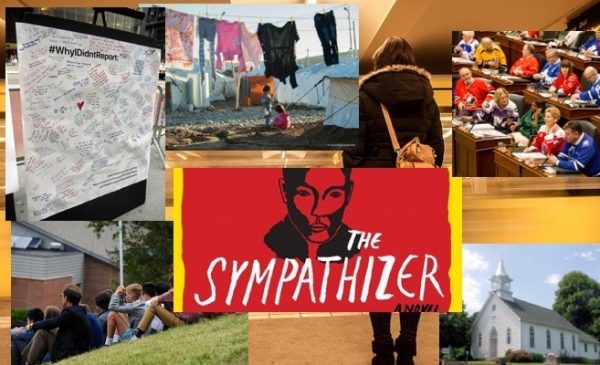 Welcome back! A big thank you to everyone who submitted to our Teach with TSP contest! Stay tuned as we review the submissions. In new content this week, we’re featuring social science research on distant war and selective empathy, elite education, and social barriers to reporting sexual assault. And check out the
Welcome back! A big thank you to everyone who submitted to our Teach with TSP contest! Stay tuned as we review the submissions. In new content this week, we’re featuring social science research on distant war and selective empathy, elite education, and social barriers to reporting sexual assault. And check out the 
 Hello Again! As we wrap up March and move into April, we’ve got social science research on fashion, a look at what makes discrimination trend on Twitter, and the prevalence of “white flight” in America.
Hello Again! As we wrap up March and move into April, we’ve got social science research on fashion, a look at what makes discrimination trend on Twitter, and the prevalence of “white flight” in America.